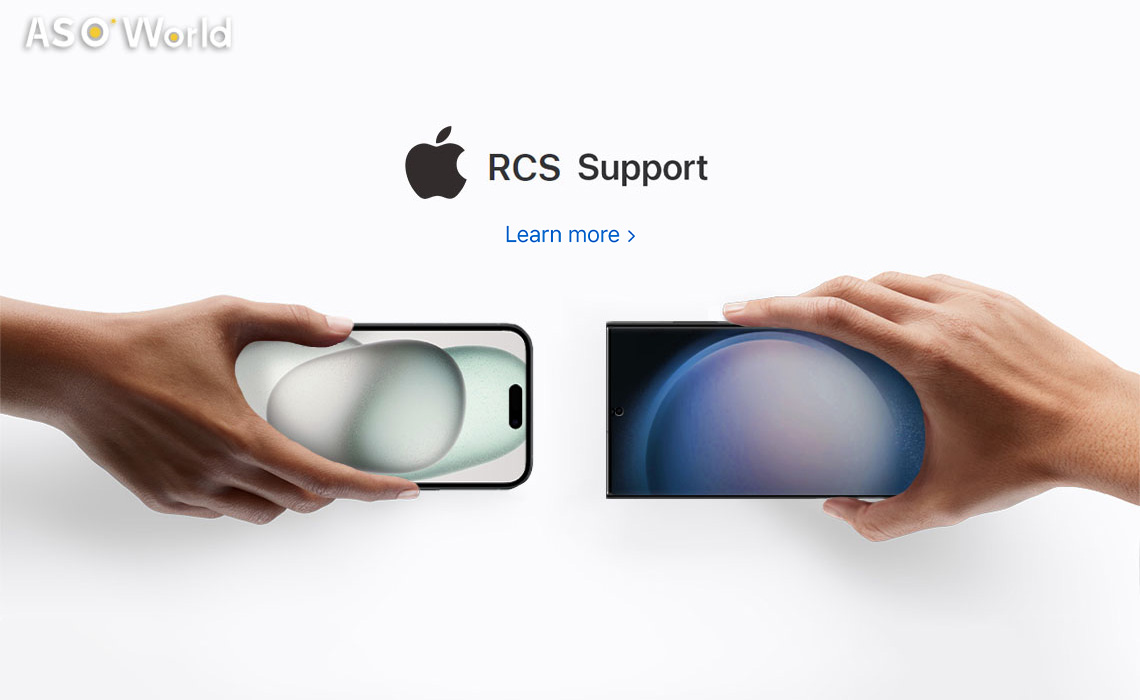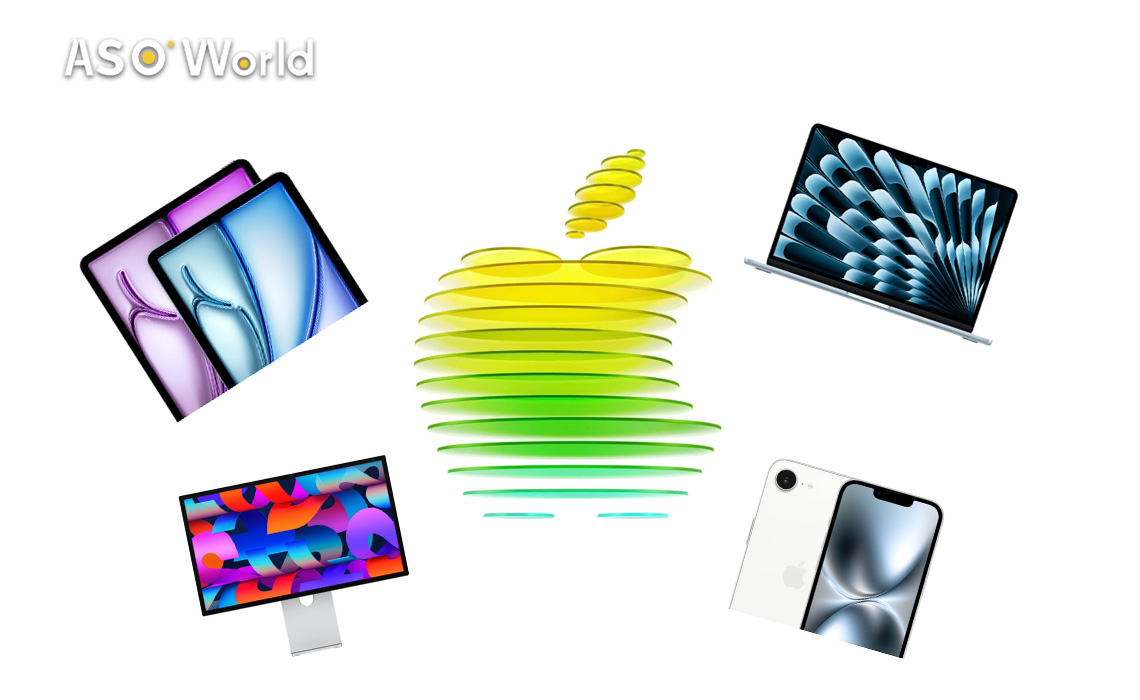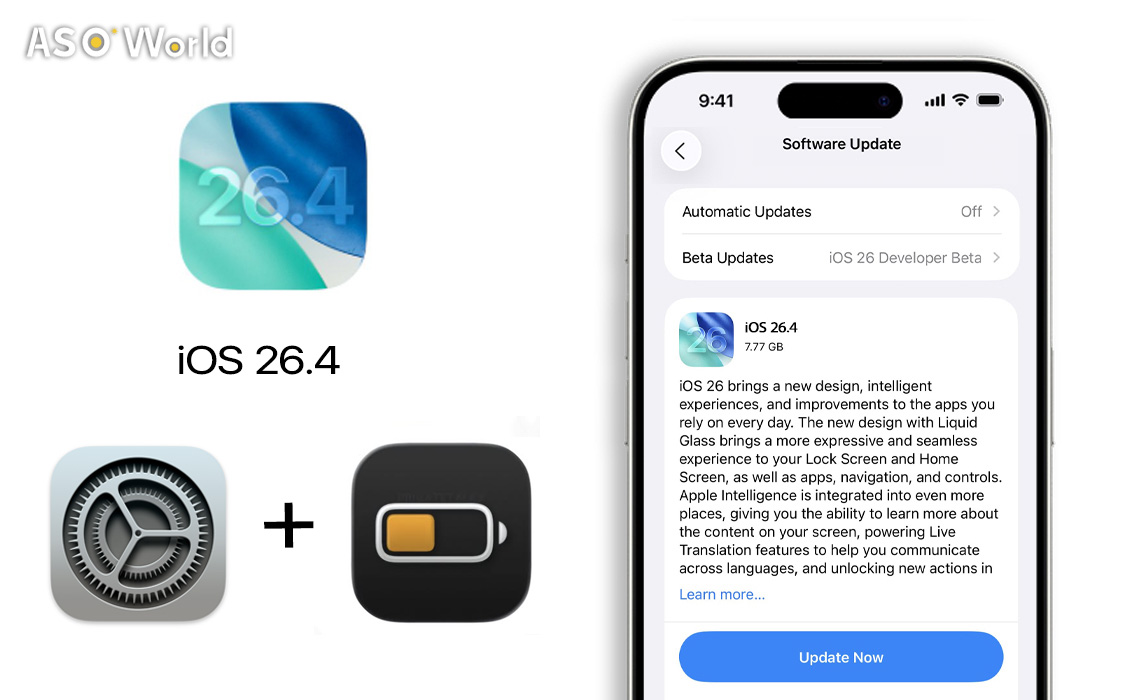In an unexpected development, Apple has revealed plans to support the Rich Communication Services (RCS) messaging standard by next year, aiming to improve messaging interactions between iPhone and Android users.
Apple's announcement, influenced by regulatory pressures and competition from tech giants like Google and Samsung, marks a significant shift in the company's messaging strategy. RCS is set to introduce a suite of iMessage-like functionalities for cross-platform communication, enhancing the overall user experience.
The RCS Advantage
An Apple spokesperson expressed the company's belief that RCS will provide superior interoperability for messages across different platforms. The adoption of the RCS Universal Profile, as defined by the GSM Association, will bring features such as read receipts, typing indicators, and the ability to send high-resolution media. Additionally, users will be able to share their location within text threads and utilize RCS over Wi-Fi or mobile data.
iMessage Remains Unchanged
Despite the RCS update, iMessage will continue to be the primary messaging platform for iPhone-to-iPhone communications, maintaining its status as a secure and private messaging environment. Apple emphasizes that iMessage's end-to-end encryption and recent enhancements, like Advanced Data Protection for iCloud messages, are not matched by RCS's current security features.
Improving the Messaging Ecosystem
Apple has previously improved SMS interactions between iPhone and Android users through features like Tapbacks and message editing in group chats. The company now commits to collaborating with GSMA members to advance RCS protocol security without imposing proprietary encryption solutions.
Editor's Comments
Apple's strategic pivot to embrace RCS may be seen as a concession to external pressures, but it also reflects a proactive stance in anticipating regulatory changes and evolving consumer expectations.
By aligning with open standards like RCS, Apple is not only enhancing its ecosystem's inclusivity but also reinforcing its commitment to interoperability and security. This move could be a game-changer in the way iPhone and Android users communicate, potentially reshaping the messaging landscape.




